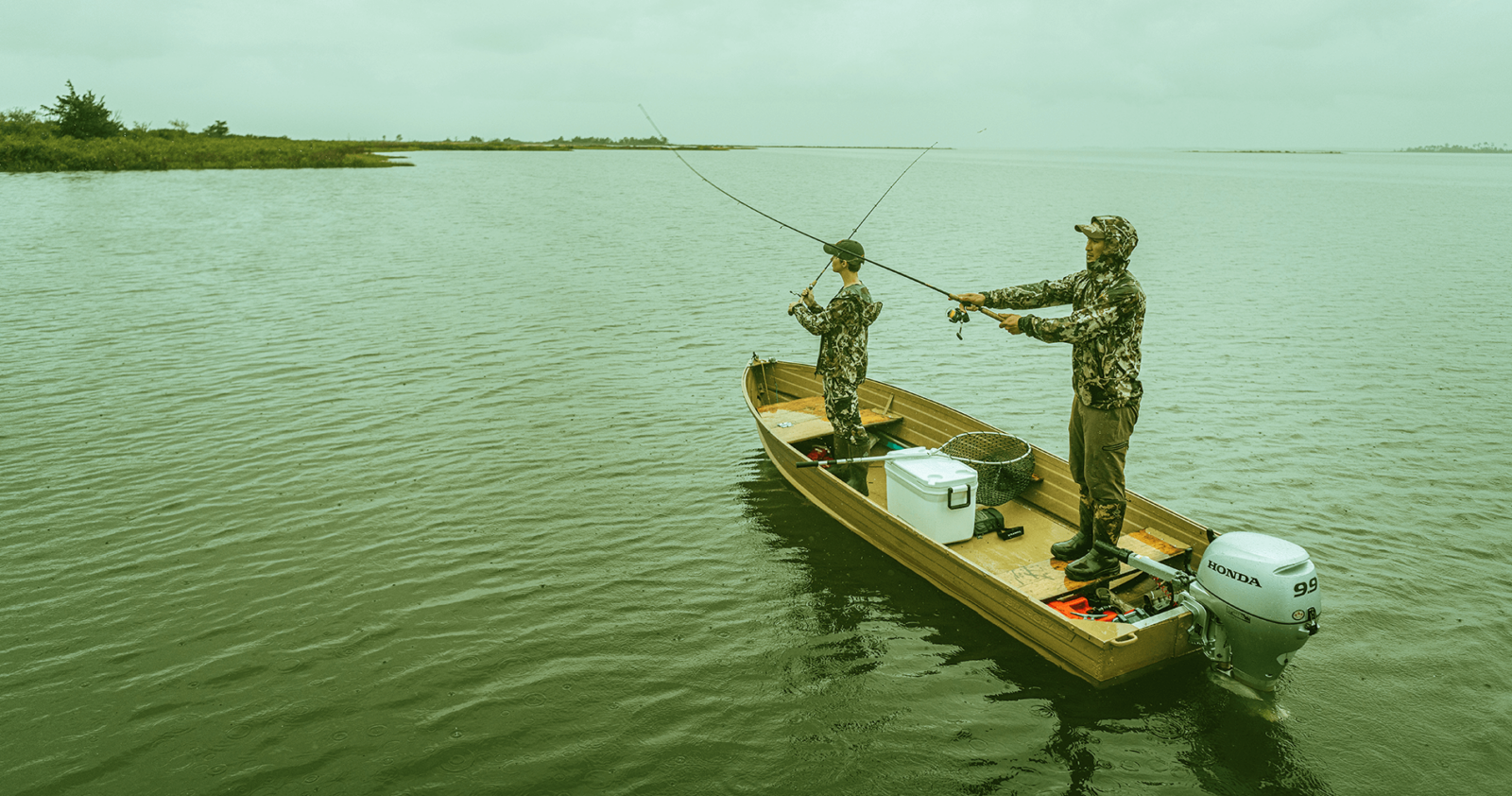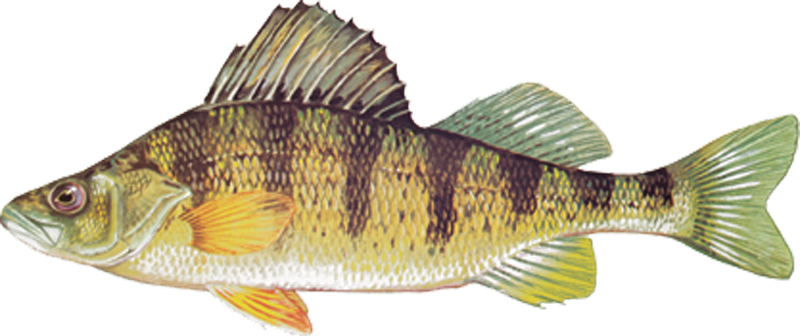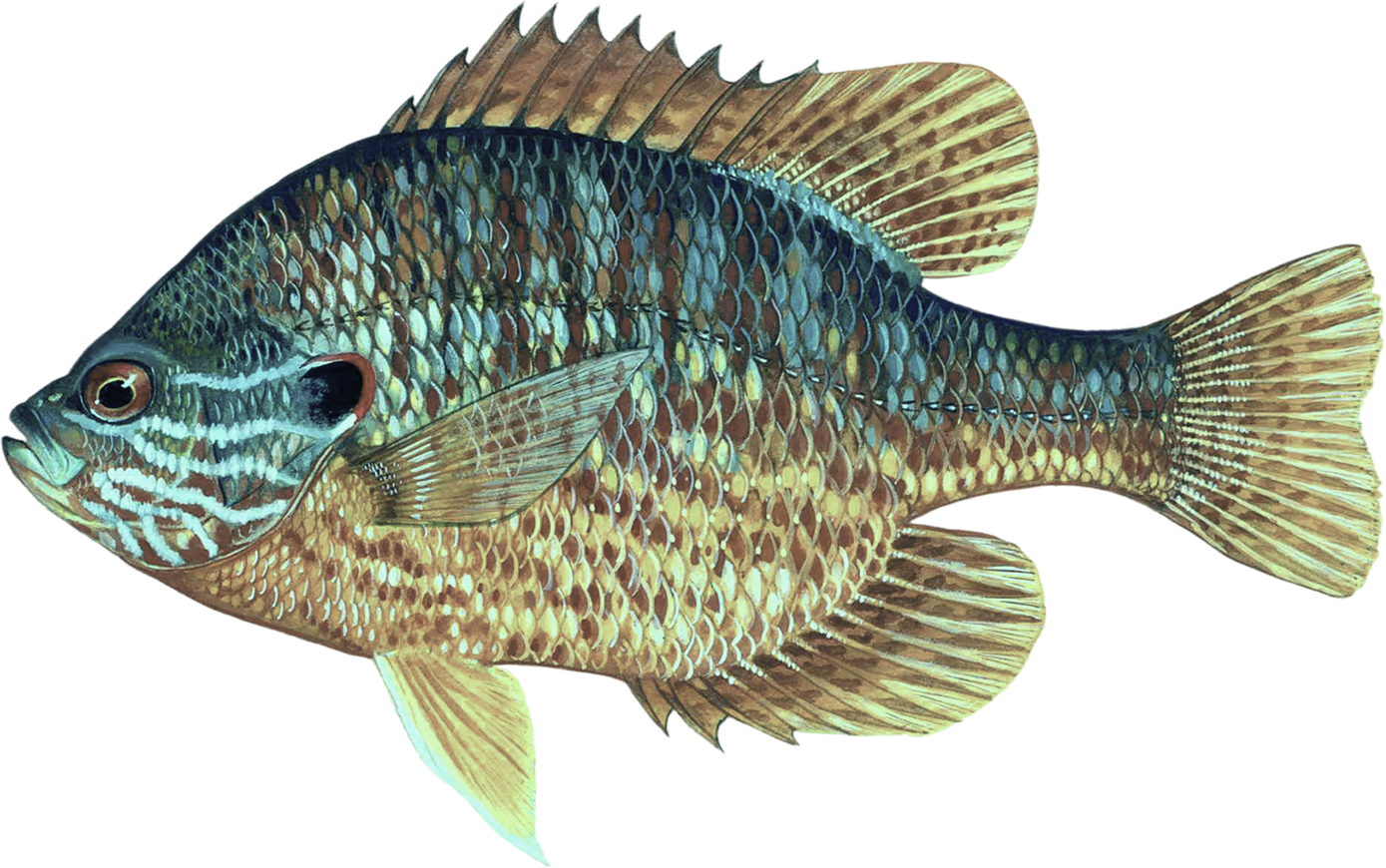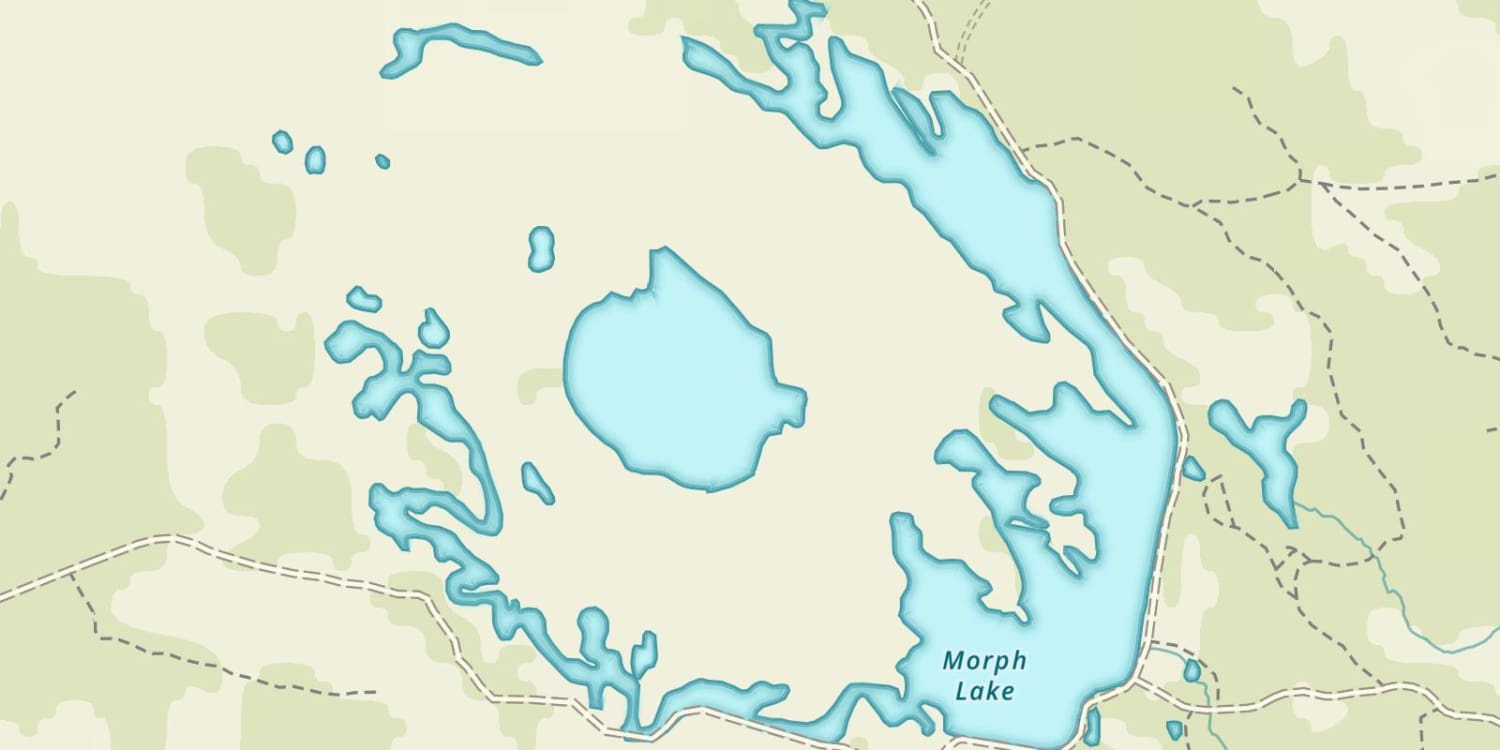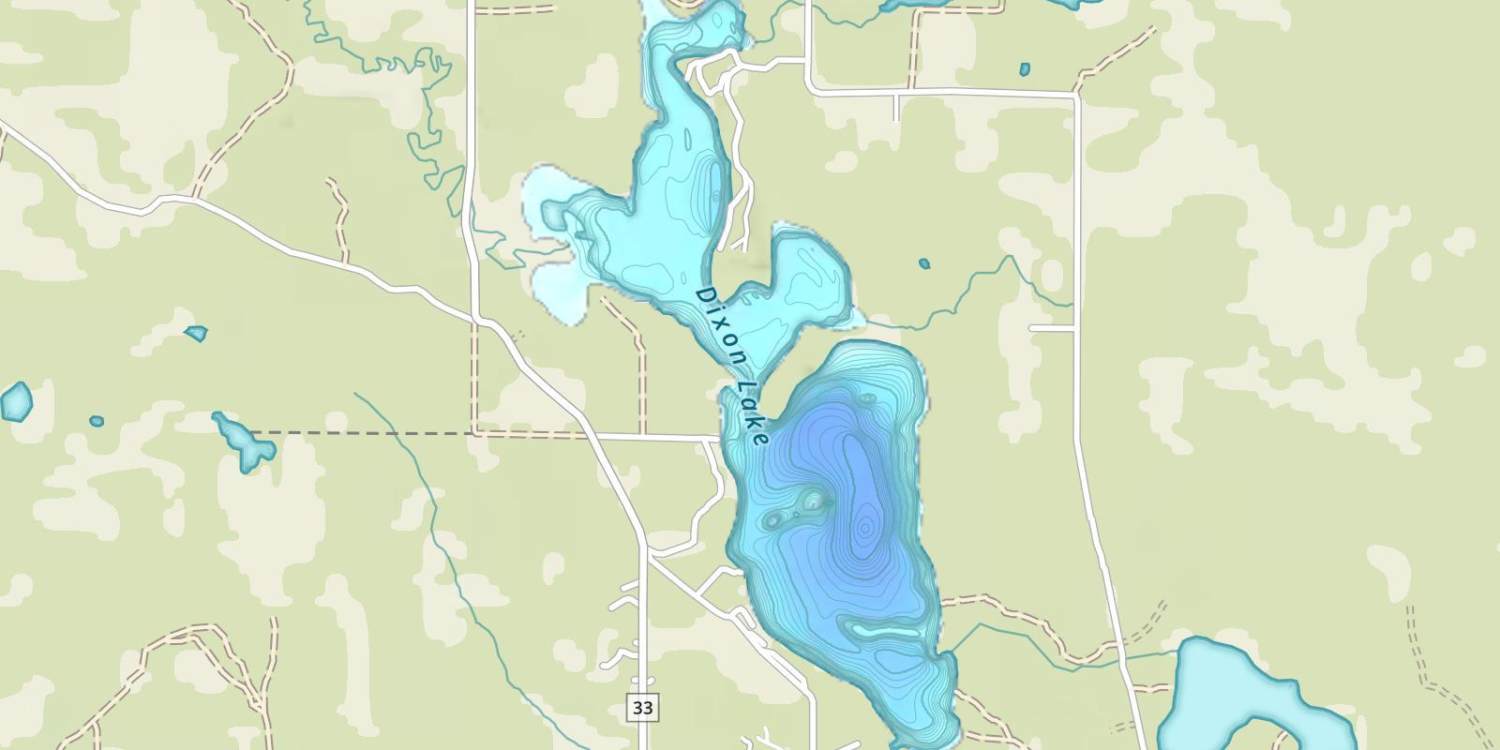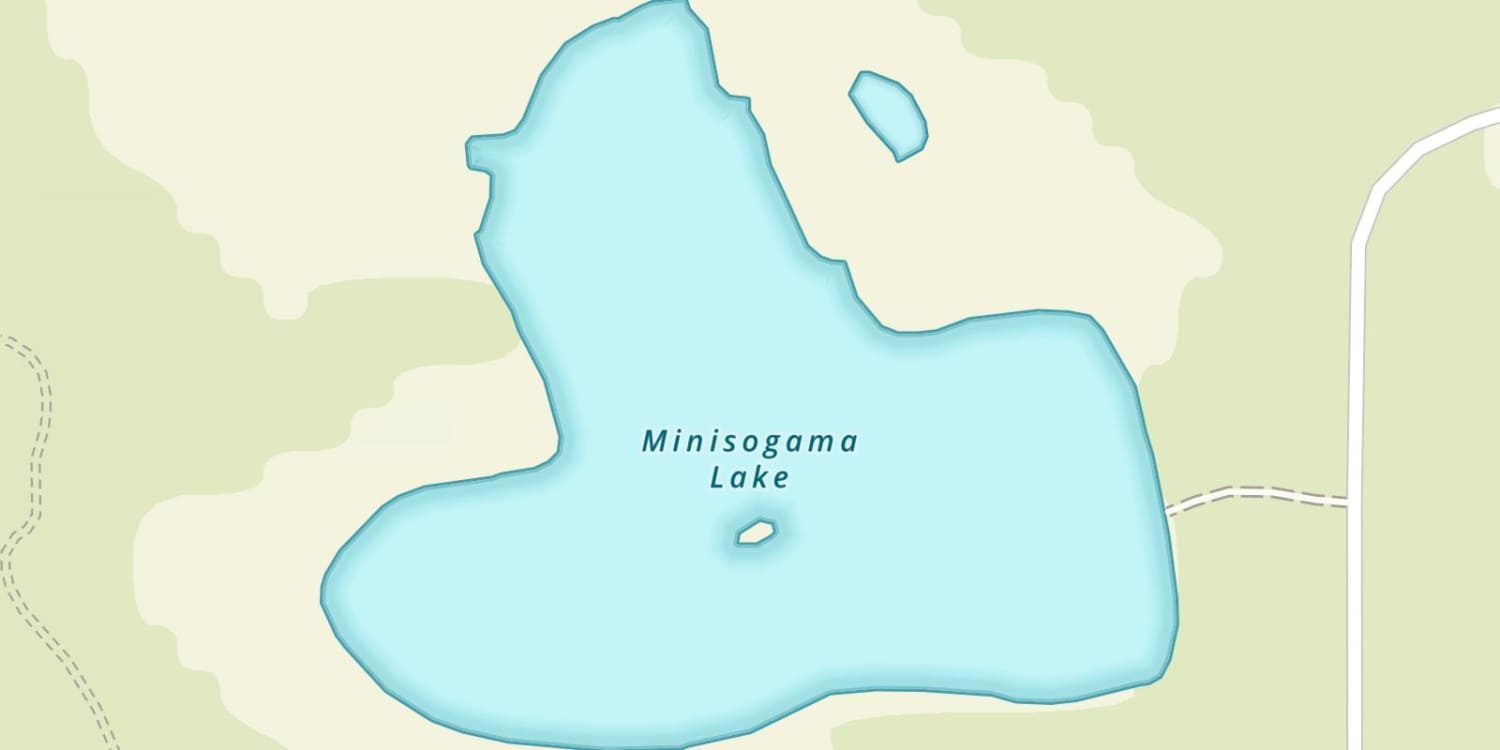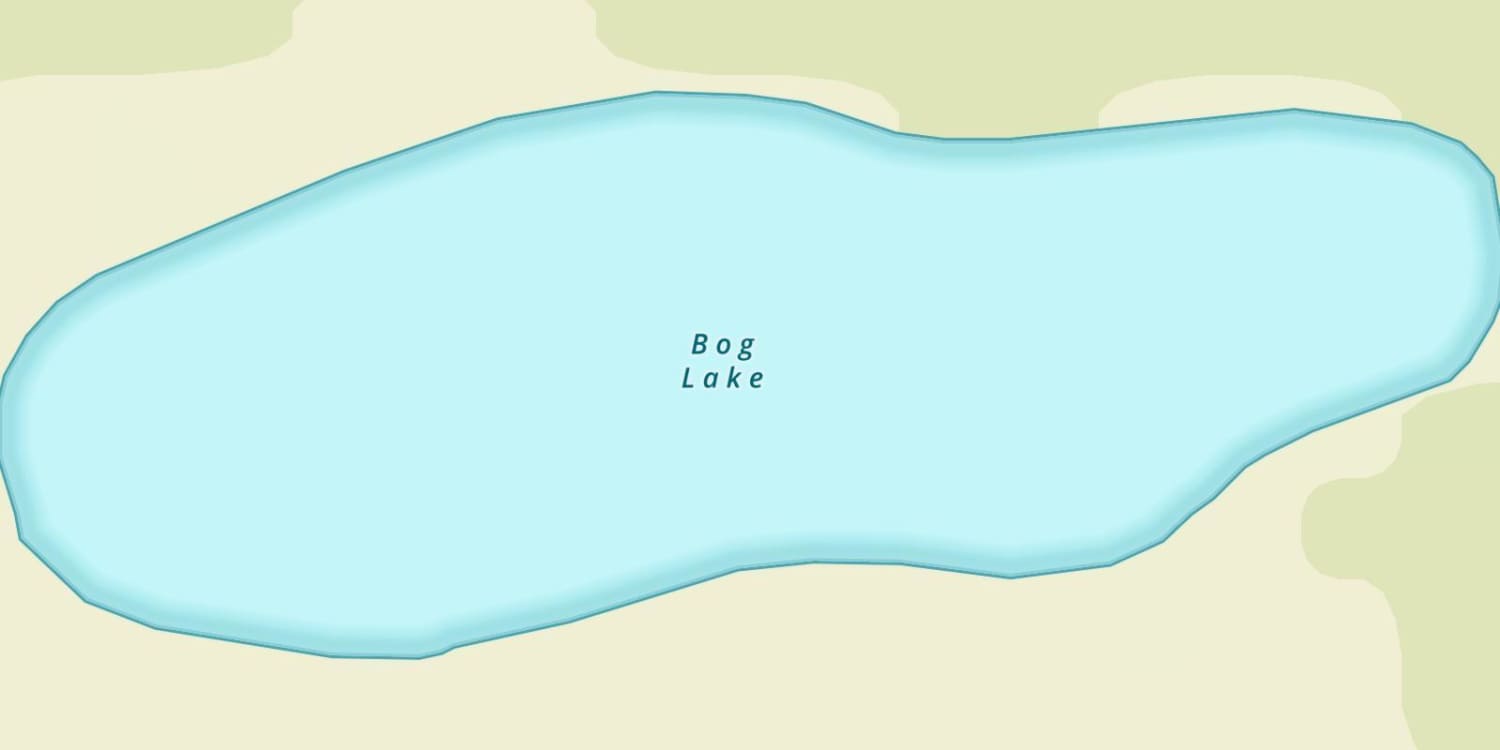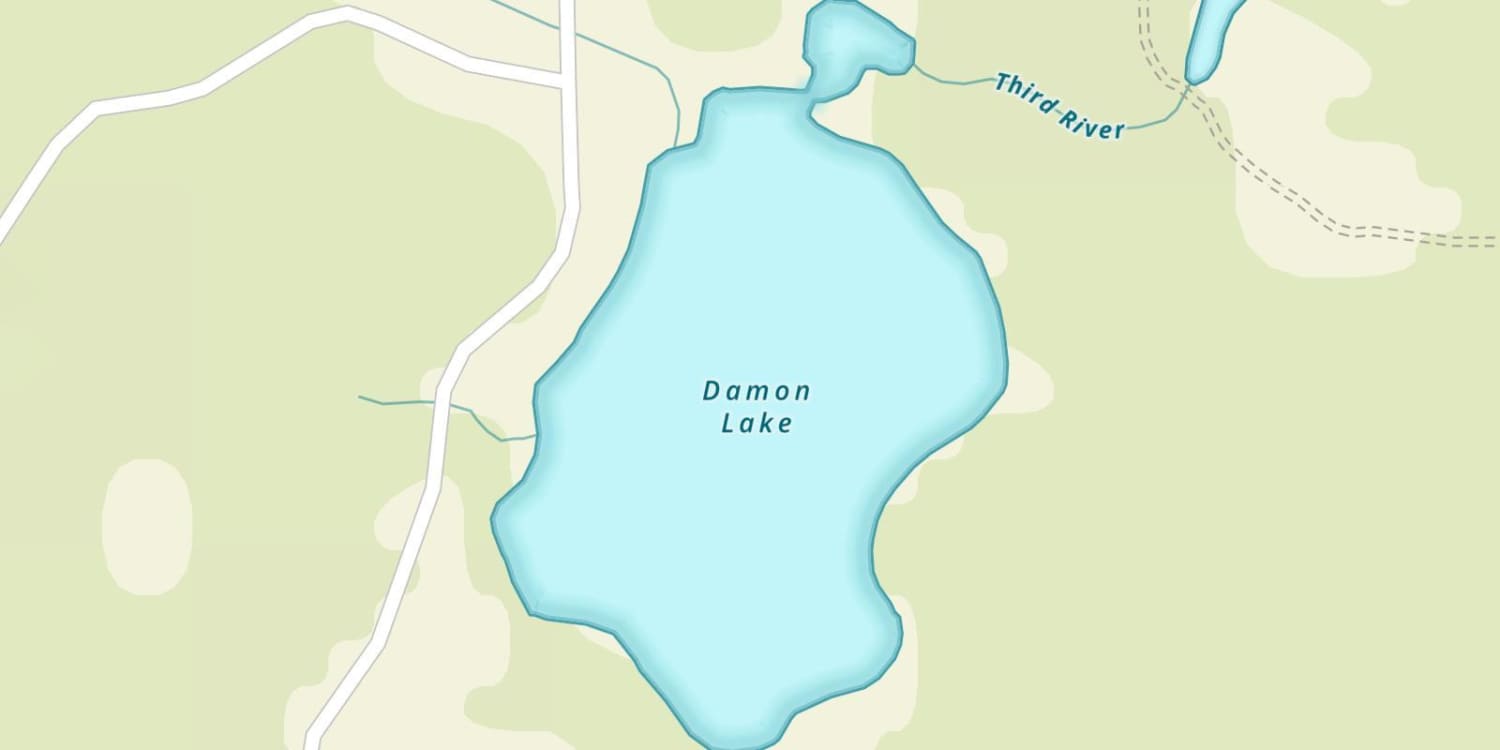Features
Lake Winnibigoshish is part of a chain of lakes that includes Ravens Flowage, Sugar Lake, Big Cut Foot Sioux, Little Cut Foot Sioux and First River Lake. The Mississippi River inlet is navigable upstream to the Knutson Dam below Cass lake. Big Winnie, as it is often called, is within the Leech Lake Indian Reservation and Chippewa National Forest.Ice fishing for jumbo perch is a popular winter activity that attracts anglers from throughout the Midwest. Many resorts offer fish house rentals and provide plowed roads on the lake for thousands of anglers each winter.A voluntary catch-and-release program aimed at improving the walleye fishery is sponsored by the Minnesota Department of Natural Resources and the Lake Winnie Resort Association.
Forage
Winnibigoshish is noted for its abundant perch and cisco forage base. Darters, spottail shiner, logperch and fathead minnows are common. Historically, periodic summerkill incidents have caused fluctuations in cisco numbers.
Seasonal Movements
There is significant movement of walleye from Lake Winnibigoshish into Big Cut Foot Sioux, Little Cut Foot Sioux, First River and Egg lakes. This typically begins in late summer when walleye begin to stage along the north shore of Lake Winnibigoshish. By late fall, many of these fish have moved from Winnie into Big Cut Foot Sioux. In spring, walleye move farther upstream into Little Cut Foot Sioux and First River, where the majority of spawning takes place. Many walleye also spawn along the rock/gravel shorelines in Lake Winnibigoshish. Spawning walleye also move up the Mississippi River and Third River Flowage. Northern pike move to Sugar Lake, Third River Flowage, Ravens Flowage and Williams Bay for spring spawning.

Get Your Line in the Right Water
Quickly find the best places to fish and plan your day right.
Fish Species
Understanding Abundance
Abundance ratings are based on Catch Per Unit Effort (CPUE) measurements conducted by the MN DNR, and represent a snapshot of a species population at a given point in time.
Source: Minnesota Department of Natural Resources. Survey cadence may vary by state and water body.Understanding Abundance
Abundance ratings are based on Catch Per Unit Effort (CPUE) measurements conducted by the MN DNR, and represent a snapshot of a species population at a given point in time.
Source: Minnesota Department of Natural Resources. Survey cadence may vary by state and water body.Understanding Abundance
Abundance ratings are based on Catch Per Unit Effort (CPUE) measurements conducted by the MN DNR, and represent a snapshot of a species population at a given point in time.
Source: Minnesota Department of Natural Resources. Survey cadence may vary by state and water body.